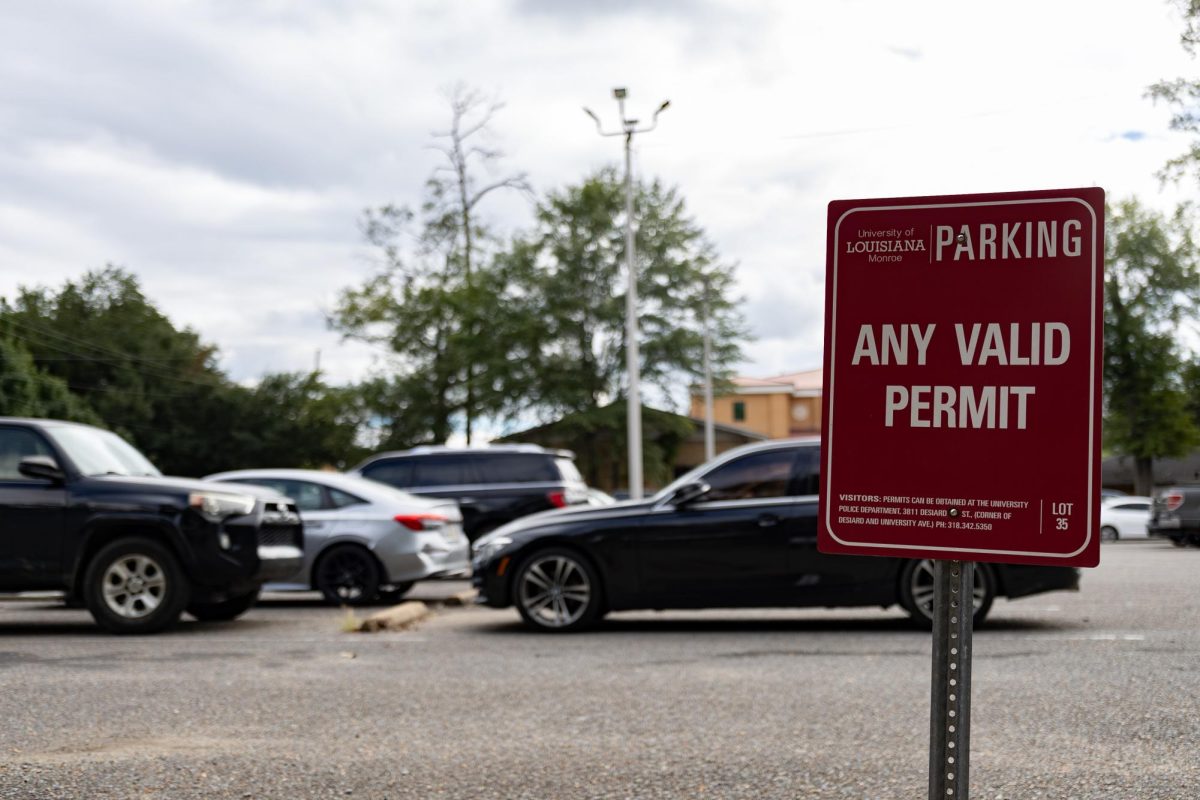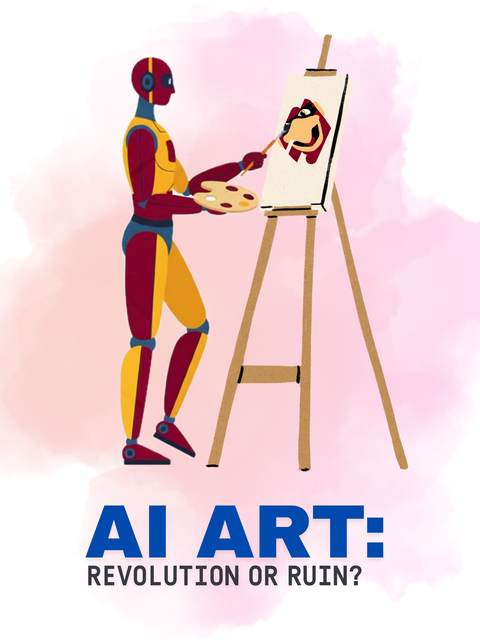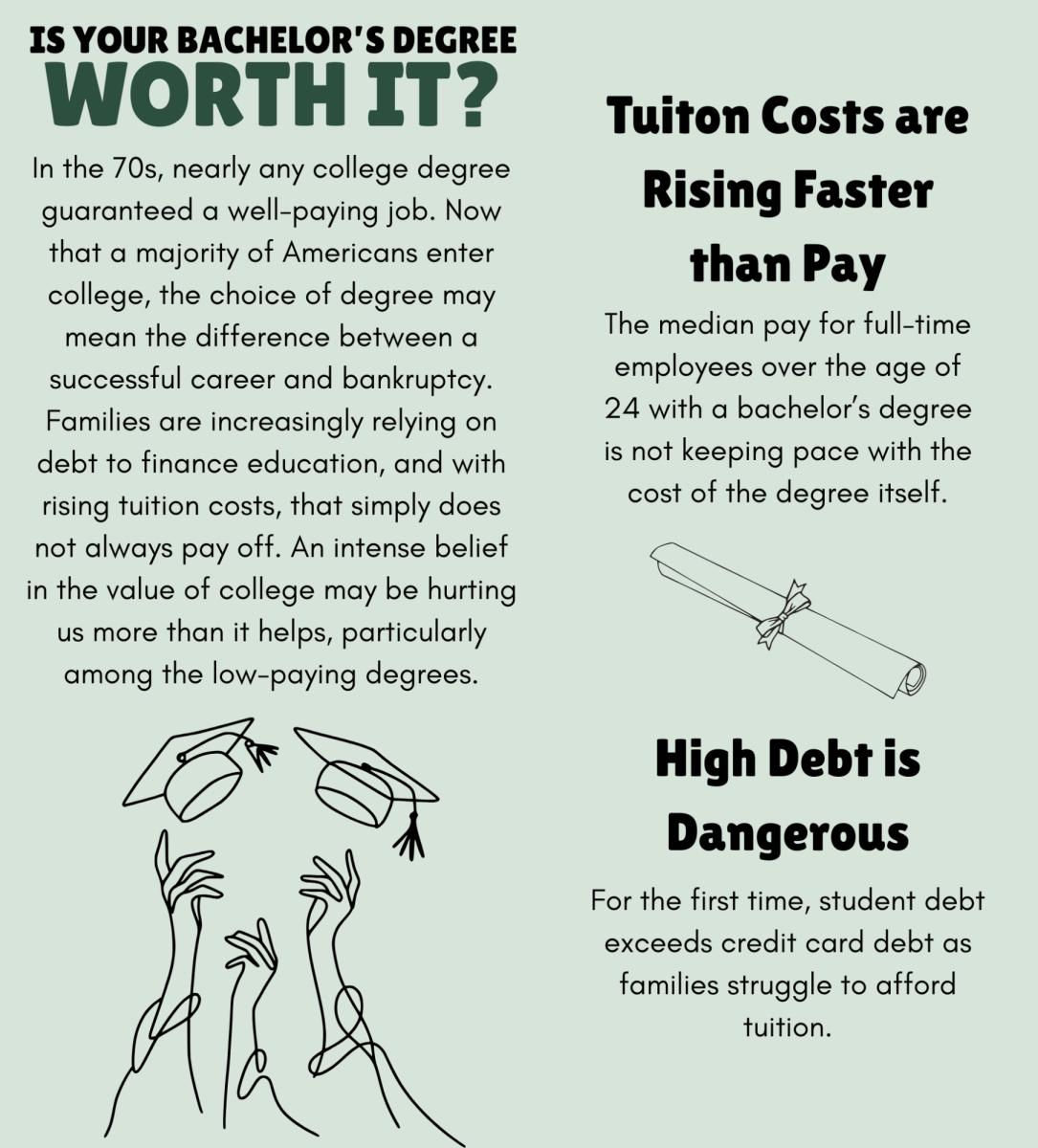Local and state politics matter. That shouldn’t be news. That shouldn’t be my thesis.
I shouldn’t be spending hundreds of words arguing this point. It should be self-apparent. Look at Flint, Michigan. There’s a whole city that has poisoned water because of decisions made by the local government.
If that doesn’t affect you personally enough, just look at Louisiana’s budget crisis. People will lose the opportunity to receive a college degree because of decisions made by a state government.
If poisoned water or the near total evisceration of higher education aren’t enough to convince you that state and local politics do indeed matter, then consider the wide range of issues that state and local governments have taken action on.
LGBT+ rights, women’s rights, gun rights, abortion, the minimum wage, fracking, education, the rights of unions, the environment, prison reform, civil rights and even freedom of expression are all issues that are decided by the states, rather than the federal government.
And more often than not these measures end up being actual law and effect people.
And yet, it’s in state and local elections where participation is lowest and where the least amount of interest is given.
Which begs the question, why the lack of interest when local politics is so vital? Truth be told I don’t have a single, certain answer. It’s probably due to lots of causes:
The expanding role of the Federal Government over the past century, the growth of a unified national identity at the expense of local and regional ones, an increasingly interconnected world and a 24-hour news cycle that spends two years covering presidential elections.
But then again, the answer could be far simpler: people just don’t think that state and local politics matter.
After all, why does what happens in a town of barely 50,000 people like Monroe matter when there are far bigger things happening in the world?
To some extent this is true. Monroe’s recent city elections probably aren’t going to be world changing, but they will impact upwards of 50,000 human beings, and that’s a reason to care.
Supreme Court Justice Louis Brandeis once used the term “laboratories of democracy” to describe the states, and often times they are.
It was the states that first extended the vote to women. It was the states that first allowed gay and lesbian couples to marry.
By the same token, it was the states that created and enforced Jim Crow. It’s the states that still largely control elections. It’s the states that control and fund higher education.
It’s the state and local prisons that house the world’s large prison population.
To put all this simply, while the happenings of state and local governments may affect small amounts of people compared to national or international events, they’re no less important.
The actions state and local governments take can have wide-ranging consequences for millions of people.





